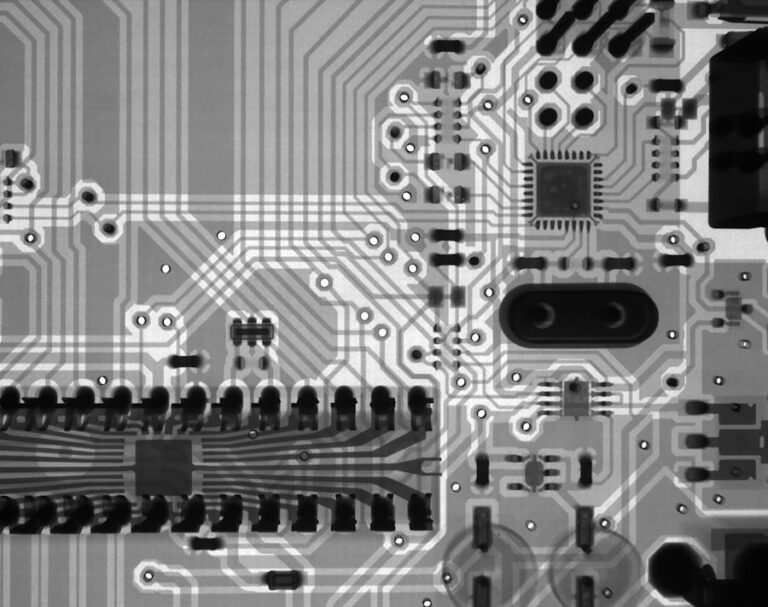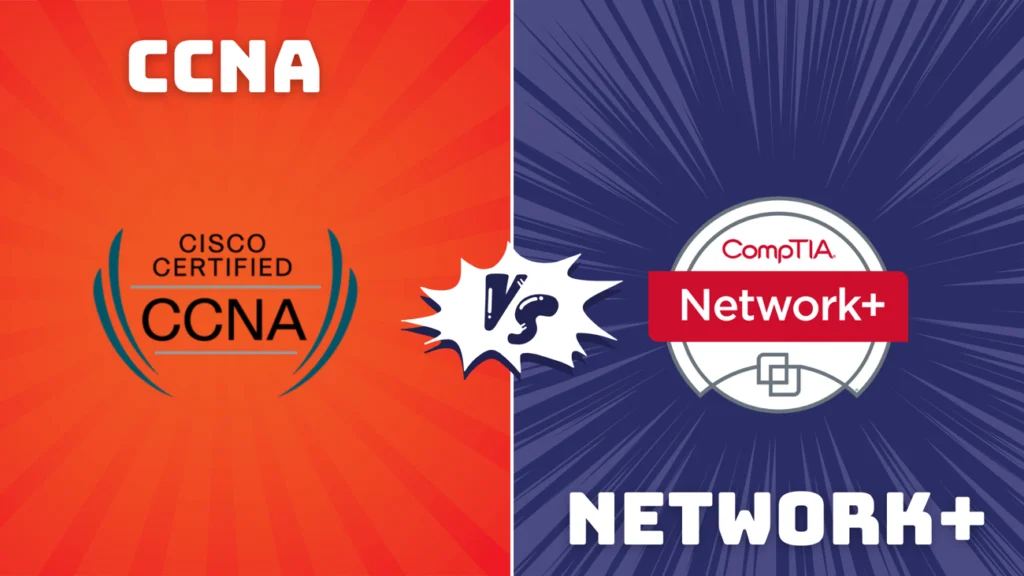In the contemporary landscape, data centers are integral to the operations of businesses and organizations. These facilities are tasked with the storage, processing, and management of vast quantities of data, rendering them a critical component of digital infrastructure. Cisco Systems, Inc., a worldwide leader in networking technology, has consistently pioneered innovative solutions for data center networking.
Cisco’s networking products are engineered to address the requirements of modern data centers, delivering high performance, scalability, and dependability. This article will examine the progression of data centers, the essential elements of Cisco networking in contemporary data centers, the advantages of deploying Cisco networking solutions, and the prospective developments in data center technology incorporating Cisco networking.
Key Takeaways
- Cisco networking plays a crucial role in modern data centers by providing the infrastructure for communication and data transfer.
- The evolution of data centers has led to an increased need for Cisco networking to handle the growing volume of data and the demand for faster and more reliable connections.
- Key components of Cisco networking in modern data centers include switches, routers, firewalls, and software-defined networking (SDN) solutions.
- Implementing Cisco networking in data centers can lead to benefits such as improved performance, scalability, security, and simplified management of network infrastructure.
- Cisco networking is expected to continue shaping the future of data center technology with innovations in areas such as automation, cloud integration, and network virtualization.
The Evolution of Data Centers and the Need for Cisco Networking
The Rise of Advanced Networking Solutions
Cisco has been at the forefront of addressing these needs with its innovative networking technologies, offering solutions that provide high-speed connectivity, intelligent automation, and seamless integration with cloud environments. As data centers continue to evolve, the need for Cisco networking solutions will only become more critical in ensuring the efficiency and reliability of these facilities.
Data Centers: From Simple Server Rooms to Complex Facilities
Data centers have come a long way from being simple server rooms to complex facilities that house a multitude of servers, storage devices, and networking equipment. The demand for high-speed connectivity, low latency, and seamless integration with cloud environments has driven the need for advanced networking solutions in modern data centers.
The Future of Data Centers and the Role of Cisco Networking Solutions
Cisco has been a pioneer in addressing these challenges with its innovative networking technologies, offering solutions that provide high performance, scalability, and reliability. As data centers continue to evolve and become more complex, the need for Cisco networking solutions will only become more critical in ensuring the efficiency and reliability of these facilities.
The Key Components of Cisco Networking in Modern Data Centers

Cisco’s networking solutions for modern data centers encompass a range of key components that are designed to address the unique requirements of these facilities. These components include high-performance switches, routers, firewalls, and application delivery controllers that form the backbone of the data center network. Cisco’s Nexus series switches, for example, are designed to provide high-speed connectivity and low latency, making them ideal for handling the demands of modern data center environments.
In addition, Cisco’s Application Centric Infrastructure (ACI) provides a comprehensive solution for automating network provisioning and management, enabling data center operators to streamline operations and improve efficiency. Furthermore, Cisco’s security solutions, such as its Firepower Threat Defense (FTD) firewall, offer advanced threat protection to safeguard data center assets from cyber threats. Cisco’s networking solutions for modern data centers encompass a range of key components that are designed to address the unique requirements of these facilities.
These components include high-performance switches, routers, firewalls, and application delivery controllers that form the backbone of the data center network. Cisco’s Nexus series switches, for example, are designed to provide high-speed connectivity and low latency, making them ideal for handling the demands of modern data center environments. In addition, Cisco’s Application Centric Infrastructure (ACI) provides a comprehensive solution for automating network provisioning and management, enabling data center operators to streamline operations and improve efficiency.
Furthermore, Cisco’s security solutions, such as its Firepower Threat Defense (FTD) firewall, offer advanced threat protection to safeguard data center assets from cyber threats.
The Benefits of Implementing Cisco Networking in Data Centers
Implementing Cisco networking solutions in data centers offers a range of benefits that can significantly enhance the performance and reliability of these facilities. One of the key benefits is improved agility and scalability, as Cisco’s networking technologies are designed to support dynamic workloads and rapidly changing business requirements. This enables data center operators to adapt to evolving needs without compromising on performance or security.
Additionally, Cisco’s networking solutions provide enhanced visibility and control over network traffic, allowing operators to optimize resource utilization and ensure consistent application performance. Furthermore, Cisco’s security solutions help protect data center assets from cyber threats, ensuring that critical business information remains secure. Implementing Cisco networking solutions in data centers offers a range of benefits that can significantly enhance the performance and reliability of these facilities.
One of the key benefits is improved agility and scalability, as Cisco’s networking technologies are designed to support dynamic workloads and rapidly changing business requirements. This enables data center operators to adapt to evolving needs without compromising on performance or security. Additionally, Cisco’s networking solutions provide enhanced visibility and control over network traffic, allowing operators to optimize resource utilization and ensure consistent application performance.
Furthermore, Cisco’s security solutions help protect data center assets from cyber threats, ensuring that critical business information remains secure.
Cisco Networking and the Future of Data Center Technology
As data centers continue to evolve and become more complex, the role of networking technology will only become more critical in ensuring their efficiency and reliability. Cisco is well-positioned to address these evolving needs with its innovative networking solutions that are designed to support the demands of modern data center environments. With technologies such as intent-based networking and software-defined networking (SDN), Cisco is paving the way for a more agile and automated approach to data center networking.
These technologies enable data center operators to streamline operations, improve efficiency, and adapt to changing business requirements with ease. As the future of data center technology continues to unfold, Cisco’s networking solutions will play a pivotal role in shaping the next generation of data center infrastructure. As data centers continue to evolve and become more complex, the role of networking technology will only become more critical in ensuring their efficiency and reliability.
Cisco is well-positioned to address these evolving needs with its innovative networking solutions that are designed to support the demands of modern data center environments. With technologies such as intent-based networking and software-defined networking (SDN), Cisco is paving the way for a more agile and automated approach to data center networking. These technologies enable data center operators to streamline operations, improve efficiency, and adapt to changing business requirements with ease.
As the future of data center technology continues to unfold, Cisco’s networking solutions will play a pivotal role in shaping the next generation of data center infrastructure.
Case Studies: Successful Implementations of Cisco Networking in Data Centers

Improved Performance and Scalability
Several organizations have successfully implemented Cisco networking solutions in their data centers, reaping the benefits of improved performance, scalability, and security. For instance, a global financial services company deployed Cisco’s Nexus switches in its data center environment to support its growing business needs. The high-performance capabilities of the Nexus switches enabled the company to handle increasing workloads with ease while ensuring low latency and high availability.
Enhanced Operational Efficiency
In addition, a leading healthcare provider implemented Cisco’s ACI solution to automate network provisioning and management in its data center environment. This resulted in improved operational efficiency and reduced time-to-market for new services, ultimately enhancing the organization’s ability to deliver high-quality patient care.
Real-World Success Stories
These examples demonstrate the value of Cisco networking solutions in driving success in data centers. By leveraging Cisco’s innovative technologies, organizations can improve performance, scalability, and security, while also enhancing operational efficiency and delivering high-quality services to their customers.
The Importance of Cisco Networking in Modern Data Centers
In conclusion, Cisco’s networking solutions play a crucial role in supporting the evolving needs of modern data centers. With their high-performance capabilities, advanced automation features, and robust security offerings, Cisco’s networking technologies are well-suited to address the challenges of modern data center environments. As data centers continue to evolve and become more complex, the role of networking technology will only become more critical in ensuring their efficiency and reliability.
With its innovative solutions and forward-looking approach to technology, Cisco is well-positioned to shape the future of data center infrastructure and drive continued innovation in this space. In conclusion, Cisco’s networking solutions play a crucial role in supporting the evolving needs of modern data centers. With their high-performance capabilities, advanced automation features, and robust security offerings, Cisco’s networking technologies are well-suited to address the challenges of modern data center environments.
As data centers continue to evolve and become more complex, the role of networking technology will only become more critical in ensuring their efficiency and reliability. With its innovative solutions and forward-looking approach to technology, Cisco is well-positioned to shape the future of data center infrastructure and drive continued innovation in this space.
If you’re interested in learning more about transitioning from traditional to Cisco DNA Center enabled device management, check out this informative article on CCNA Training. It provides a step-by-step guide to help you understand the process and make the transition smoother for your data center.
FAQs
What is Cisco networking?
Cisco networking refers to the networking products and solutions offered by Cisco Systems, a multinational technology company. These products and solutions include routers, switches, firewalls, and other networking devices that are used to build and manage computer networks.
What is the role of Cisco networking in modern data centers?
Cisco networking plays a crucial role in modern data centers by providing the infrastructure and technology needed to connect, secure, and manage the flow of data within the data center and between data centers. This includes networking hardware, software-defined networking (SDN) solutions, and network management tools.
How does Cisco networking contribute to data center security?
Cisco networking contributes to data center security by providing firewalls, intrusion prevention systems, and other security features that help protect the data center from cyber threats. Cisco’s networking solutions also include advanced security features such as network segmentation and access control to prevent unauthorized access to sensitive data.
What are some of the key benefits of using Cisco networking in data centers?
Some key benefits of using Cisco networking in data centers include high performance, reliability, scalability, and security. Cisco’s networking solutions are designed to handle the high demands of modern data centers and provide the flexibility to scale and adapt to changing business needs.
How does Cisco networking support cloud computing in data centers?
Cisco networking supports cloud computing in data centers by providing the networking infrastructure and technologies needed to connect and manage cloud-based services and applications. This includes technologies such as virtual networking, software-defined networking (SDN), and network automation to support the dynamic nature of cloud environments.














